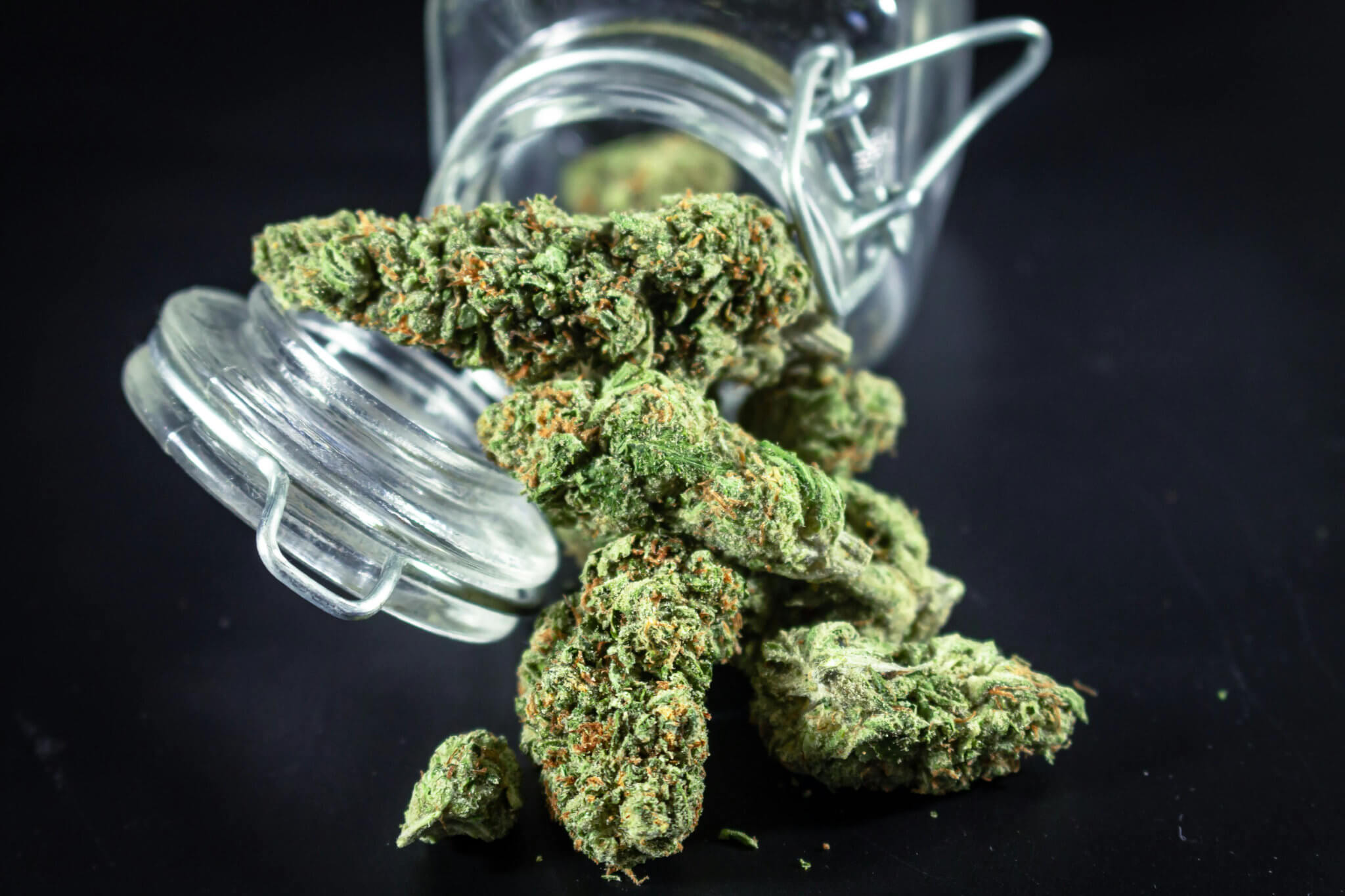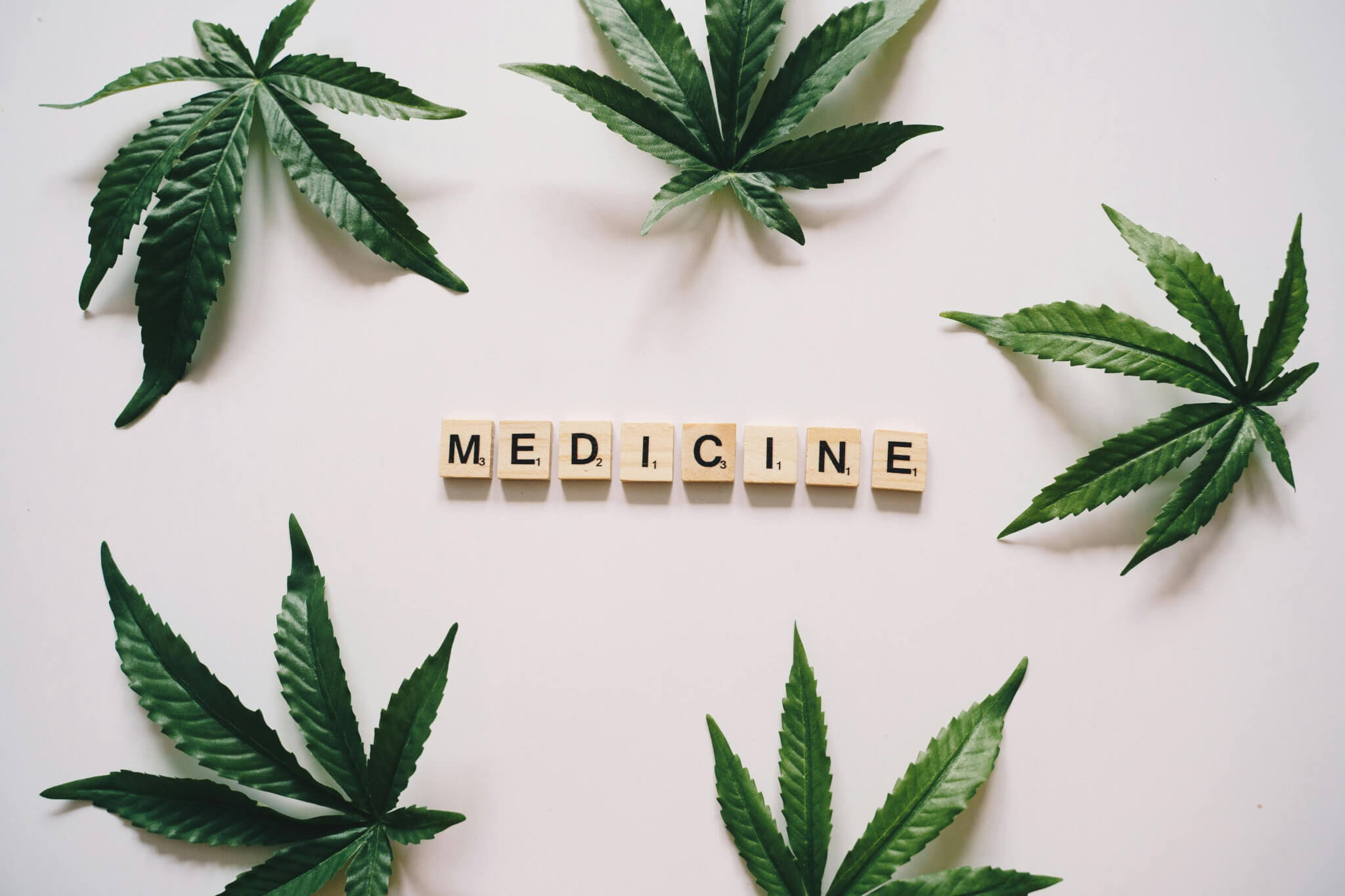
A Beginner’s Guide to Cannabis Strains
How to choose a cannabis strain that's right for you
SETTING THE RECORD STRAIGHT

Cannabis has come a long way from being a taboo subject whispered about at social gatherings to becoming a hot topic of medical and scientific research. Yet, despite growing acceptance and legalization efforts around the world, misinformation still lingers, clouding people’s perceptions of this versatile plant. That’s why we’re here to clear the air—literally!
In this post, we’ll tackle the Top 5 Myths About Cannabis head-on. If you’ve ever heard someone say that cannabis is “always addictive” or “only about getting high,” you’ve probably witnessed the echo of outdated stereotypes. The truth about medical cannabis and its many potential benefits is far more nuanced. By debunking these common misconceptions, we hope to encourage open dialogue, foster trust in cannabis as a medical tool, and help you make informed choices about whether it’s right for you.
So, grab your favorite reading spot and let’s dive in!
One of the most persistent misconceptions about cannabis is that simply trying it once will lead you down the path of addiction. While it’s true that cannabis can be habit-forming for some, the risk of developing a severe dependency (often called Cannabis Use Disorder) is relatively low for most responsible adults. In fact, studies estimate that around 9% of cannabis users develop dependence, which is lower than rates for substances like alcohol, tobacco or opioids.
It’s essential to distinguish between physical dependence and addiction. Physical dependence can happen with many substances, including caffeine. Addiction, on the other hand, involves compulsive behavior despite harmful consequences. Most cannabis users do not experience full-blown addiction; however, like any substance or medication, it should be used responsibly and under guidance when necessary.
Moderation is key. Pay attention to dosage, choose products mindfully, and prioritize your mental well-being. If you have a personal or family history of substance abuse, speak with a healthcare professional before using cannabis. Remember, it’s all about informed choices, not blind experimentation.
Tetrahydrocannabinol (THC) may be the most famous (or infamous!) cannabinoid, but it’s not the whole story. The cannabis plant contains over 100 different cannabinoids, including CBD (cannabidiol), which is non-intoxicating. CBD-dominant strains are known for their potential medical benefits—such as reducing inflammation, easing anxiety, and even countering some effects of THC—without the psychoactive “high.”
Medical cannabis can be tailored to specific needs. Some patients prefer higher THC content to manage severe pain, while others might opt for CBD-rich strains for anxiety or inflammatory conditions. Beyond cannabinoids, cannabis also contains terpenes—aromatic compounds that contribute to the plant’s unique flavor and potential effects on mood and health. This wide range of options goes far beyond just “getting high.”
Cannabis can fit into a balanced lifestyle, much like yoga, meditation, or a cup of herbal tea. Think of it as part of a bigger wellness toolkit—one that can include everything from diet and exercise to therapy and mindfulness practices. If you’re curious about how different strains might help you, download the CannaBook app to explore our comprehensive strain catalog with over 2,000 strains, complete with detailed information to help you find what works best for your needs.
The idea that cannabis is ineffective for chronic pain or anxiety is not supported by research. Numerous studies have demonstrated that specific cannabis strains and cannabinoid profiles can provide significant relief for chronic pain and anxiety-related conditions. For example, research highlights the anti-inflammatory and analgesic properties of cannabinoids, as well as their ability to interact with the endocannabinoid system to reduce stress and anxiety. While research is still evolving, many countries and medical organizations now recognize medical cannabis as a valid treatment option for these issues.
Chronic Pain: Cannabinoids like THC and CBD can interact with the body’s endocannabinoid system—receptors that help regulate pain, mood, and immunity. Many people with conditions such as fibromyalgia, arthritis, or neuropathic pain have reported meaningful relief.
Anxiety: CBD, in particular, has been studied for its potential anxiolytic (anxiety-reducing) properties. This could be a game-changer for those looking for alternatives to traditional anti-anxiety medications that often come with challenging side effects.
Not every strain is a magical fix. For instance, high-THC strains might exacerbate anxiety in some individuals, whereas balanced or CBD-heavy strains might help calm the mind. The key is personalization: consult a healthcare professional who understands cannabis medicine and start with a low dose to gauge your response.
Using cannabis for chronic pain or anxiety is most effective as part of a broader care plan. This can include lifestyle changes, physical therapy, counseling, and consistent medical check-ups. If you’re seeking more resources on chronic pain management, explore our article on medical cannabis for chronic pain relief.
It’s no secret that cannabis has been hailed as a miracle herb in some circles. However, the idea that it can cure every ailment under the sun is an exaggeration. Yes, cannabis can be incredibly helpful for symptom management—think nausea, inflammation, chronic pain, and sleep disorders—but calling it a cure-all is misleading.
Medical cannabis is best viewed as an addition to existing treatments rather than a replacement. For serious conditions like cancer, patients often use cannabis to alleviate chemotherapy side effects such as nausea and loss of appetite. While it won’t “cure” cancer, it can significantly improve quality of life during treatment.
The cannabis landscape is ripe for more research. As more clinical studies emerge, we’ll gain better insights into what conditions cannabis can effectively help with. In the meantime, treating cannabis as a potent supplement to traditional regiments—rather than a silver bullet—ensures you’re relying on balanced, evidence-based care.
A decade or two ago, this myth was closer to reality. Now, laws around cannabis have shifted dramatically in various parts of the world. Medical cannabis is legal in many countries—including Canada, Germany, Thailand, Uruguay, and numerous U.S. states—often with specific guidelines and regulations. Recreational use has also gained acceptance in some regions, but legislation varies widely.
South America: Uruguay was the first country in the world to fully legalize cannabis, allowing residents to grow, buy, and consume cannabis for both medical and recreational use under a government-regulated system.
United States: Over 30 states have legalized medical cannabis, and several have legalized recreational use.
Canada: Cannabis is federally legal for both medical and recreational use.
Europe: Countries like the Netherlands, Portugal, and Germany have progressive laws, though details vary.
Asia: Thailand recently made headlines by legalizing medical cannabis, but many Asian countries still have strict penalties.
Even where recreational cannabis remains illegal, medical cannabis often has specialized legal frameworks. If you’re considering cannabis for therapeutic reasons, check local regulations or consult legal professionals. Legality can change quickly, so stay updated with reputable sources to ensure you’re always in compliance.
We’ve taken a closer look at some of the most stubborn misconceptions about cannabis, from addiction fears to the notion that “it’s illegal everywhere.” In reality, cannabis is a multifaceted plant with a variety of potential benefits—and yes, a few risks if used irresponsibly. By debunking these myths, we hope you feel more informed, open-minded, and empowered to make decisions based on facts rather than outdated stigma.
Whether you’re exploring the truth about medical cannabis for chronic pain or looking into CBD for stress management, keep in mind that your journey with cannabis is personal. Always consult trusted healthcare professionals, start with low doses, and do your homework regarding local laws.
For more in-depth guides, explore the CannaBook app , where you’ll find a comprehensive strain catalog with over 2,000 strains, detailed reviews, and personalized recommendations to help you make informed choices. CannaBook also offers hundreds of curated cannabis recipes, journaling features to track your experiences, and insights tailored to your wellness goals. Together, let’s continue to dispel myths, embrace the truth about cannabis, and unlock its remarkable potential.

How to choose a cannabis strain that's right for you

Everything you need to know about incorporating medical cannabis into your wellness journey

Your fun, friendly, and informative beginner's guide